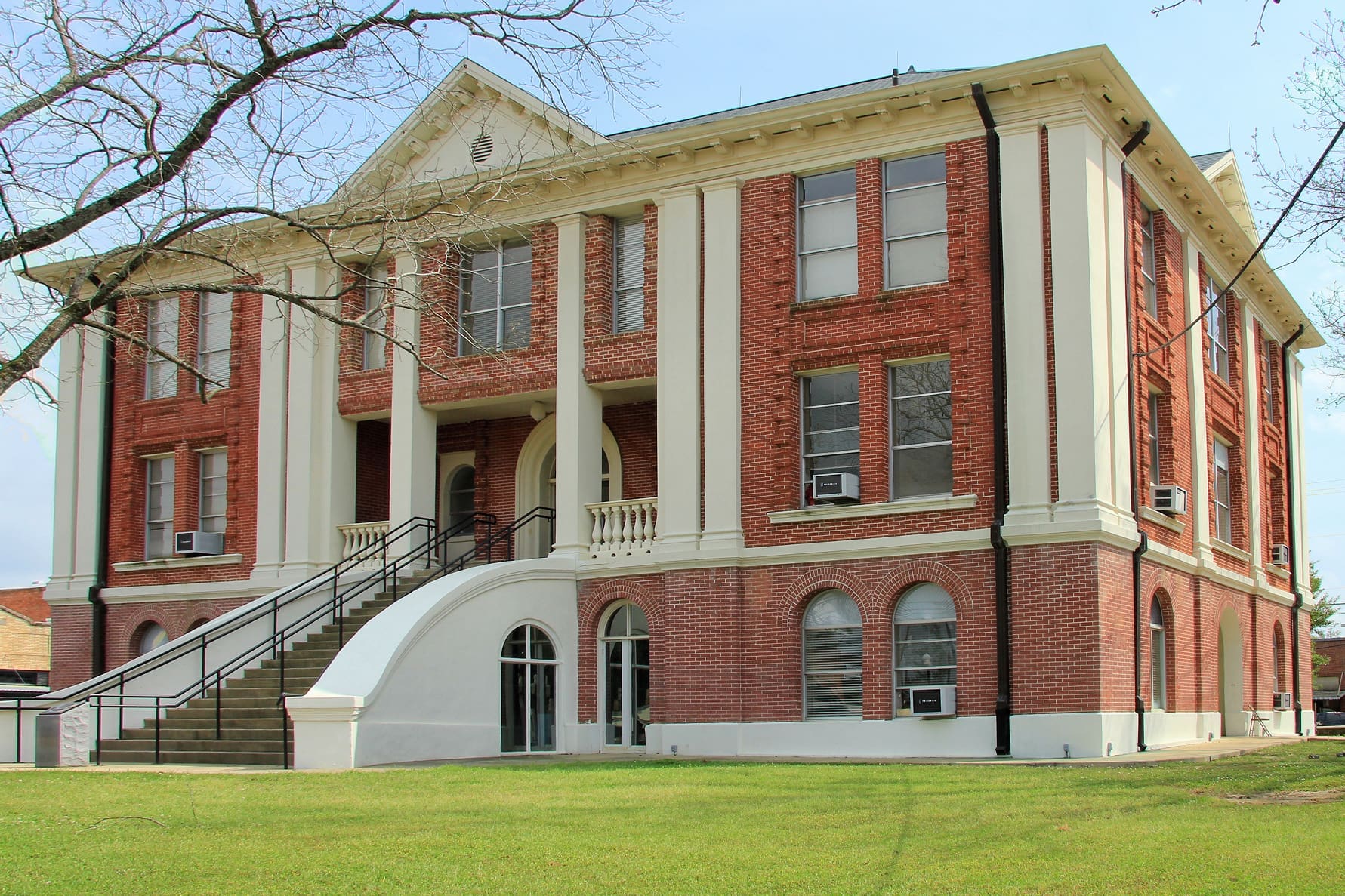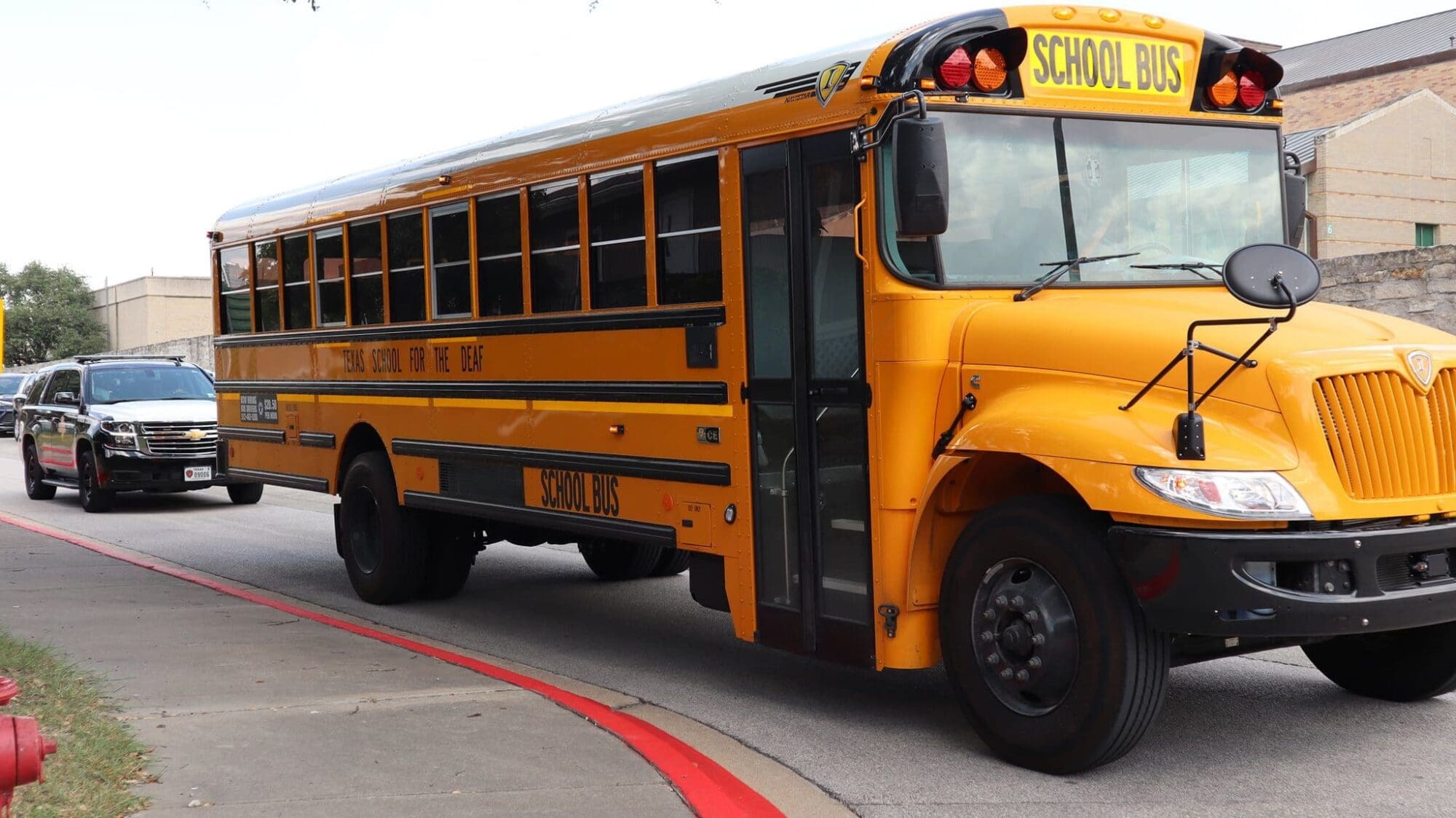On Wednesday evening, after facing pressure from a grassroots uprising, Dallas’ city council defeated a motion to begin the process of potentially raising taxes as high as 8 percent from the previous year without voter approval. What remains to be seen is if the city council will raise their taxes at least 3.5 percent higher than last year, ask for permission to hike above that, or deliver property tax relief by cutting the tax rate well below increases in appraised value.
For years, Texas property taxpayers have faced ever-increasing burdens on their wallets. According to data from the Dallas Central Appraisal District, from 2013 to 2019, the average homeowner’s property tax bill from the City of Dallas exploded over 56 percent—from $1,100 to $1,723.
Last year, after intense pressure from taxpaying Texans, the Texas Legislature passed property tax reform Senate Bill 2. SB 2 requires most cities and counties to seek voter approval through a tax ratification election when trying to raise property tax revenue over 3.5 percent from the previous year. All new growth is exempt.
Last fall, before the law could take effect, Dallas City Council approved an over 9 percent increase in their average property tax bill for homeowners from the previous year—up from $1,580.
Since the government-mandated economic shutdown this March in response to the Chinese coronavirus, over 2 million Texans have been forced into unemployment. The City of Dallas then plunged into a $25 million budget shortfall and laid off 472 city employees.
It was revealed in Wednesday’s meeting that the city is expecting a shortfall of $73 million to $134 million in its 2020-2021 Fiscal Year.
“Tough times are coming. Everybody knows it,” Mayor Eric Johnson said.
Despite obvious signs of stress on taxpayers’ wallets, the city council discussed whether to invoke the disaster exemption in SB 2, which would allow them to raise property tax revenues up to 8 percent without voter approval. Texas Attorney General Ken Paxton has previously said the coronavirus doesn’t qualify as a “disaster” under the law.
Taxpayers apparently weren’t thrilled with the city council, as District 4 Councilwoman Carolyn King Arnold shared what she had heard from constituents that morning: “We don’t support a tax increase.”
“Wrong information got out and scared the heck out of resident[s] this morning,” District 8 Councilman Tennell Atkins added.
It soon became obvious that the city council was starting to listen.
“Now is not a good time for our residents to be facing big tax increases,” District 11 Councilman Lee Kleinman said. “Keep in mind, 3.5 percent is still a tax increase.”
“Renters don’t pay the property tax directly, but every single renter pay[s] their property tax through their rent check,” District 12 Councilwoman Cara Mendolsohn explained. “To consider increasing the tax rate at this time is the opposite of what is needed.”
“I also agree with my colleagues that I cannot imagine a scenario that I would have to tell my residents that we’re raising your taxes after COVID,” District 1 Councilman Chad West added.
District 5 Councilman Jaime Resendez disagreed. “It’s important to keep our options on the table,” he said in reference to the city being able to raise taxes as much as 8 percent without voter approval.
“The last thing I would want to do is limit the tools we have in our chest,” District 7 Councilman Adam Bazaldua said.
Defeating the motion wouldn’t have that effect, however.
“If we eliminate this, this toolbox is still there,” District 6 Councilman Omar Narvaez countered. “The difference is we have to send it to the voters.” He also framed the choices as “a tax increase” or “cut all your services.”
Resendez moved to try and defer deciding on the issue until June 24, a motion seconded by Narvaez.
“We need to buck up and vote your conscience. And if you want to delay it, let’s just kill it,” Mendolsohn challenged.
The vote to delay failed 7-7. District 3 Councilman Casey Thomas was absent for the vote.
Having failed to delay deciding the issue, the city council overwhelmingly defeated trying to set the voter approval rate at 8 percent, with 11 voting against and one absent.
Only council members Balzadua, Resendez, and Atkins voted yes.
Gov. Greg Abbott praised the vote on social media. “It’s best for property owners and great for attracting more good-paying jobs to your wonderful city,” he wrote.
Sources say there is no will in the city council at present to revisit this issue and, barring further developments, Dallas will now have to seek voter approval to hike property taxes over 3.5 percent from last year. But according to Dallas Chief Financial Officer Elizabeth Reich, such an election may not be triggered. “I’m not planning to bring a budget that would require an election,” she said.
Mayor Eric Johnson brought up the other tool the city still has to deal with: their budget black hole. “We need to think long and hard about what we’re not talking about,” he said, adding the city should be looking at trimming spending and “cutting the size of the bureaucracy.”
“I don’t think that a tax increase discussion even is appropriate before we clean our own house.”
Cleaning house seems to be the direction Dallas is going in. “You will see some game-changing things happening,” Reich said about next year’s budget, promising cuts “across the board.”
In a warning to taxpayers nationwide, Reich did add that if the city could get more federal taxpayer dollars, it would make things “easier.”
Dallas already received $234 million in CARES Act cash from the U.S. Treasury to spend on coronavirus relief expenses incurred through the end of the year.
City officials can choose to adopt the no-new-revenue rate, the tax rate which would—in the aggregate—offset increases in appraisal values and shift the burden of the city’s budget black hole entirely off of taxpayers and back onto city council.
Concerned taxpayers may contact the city council.





